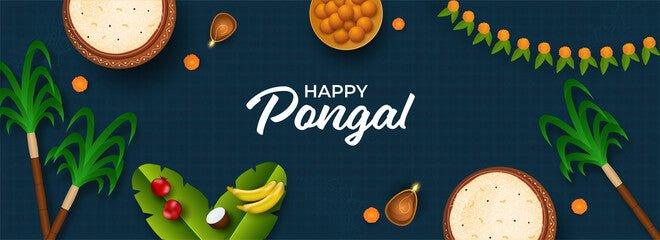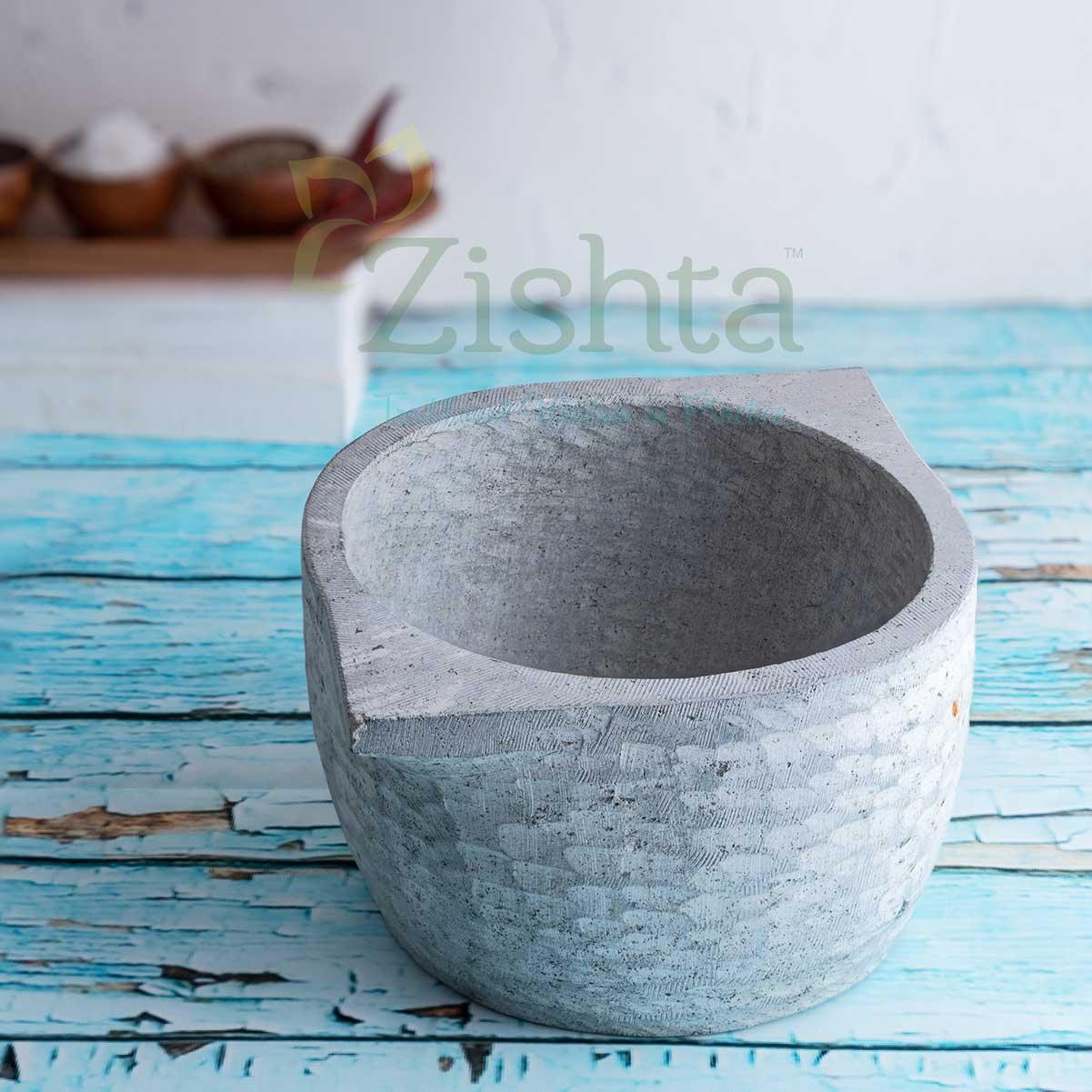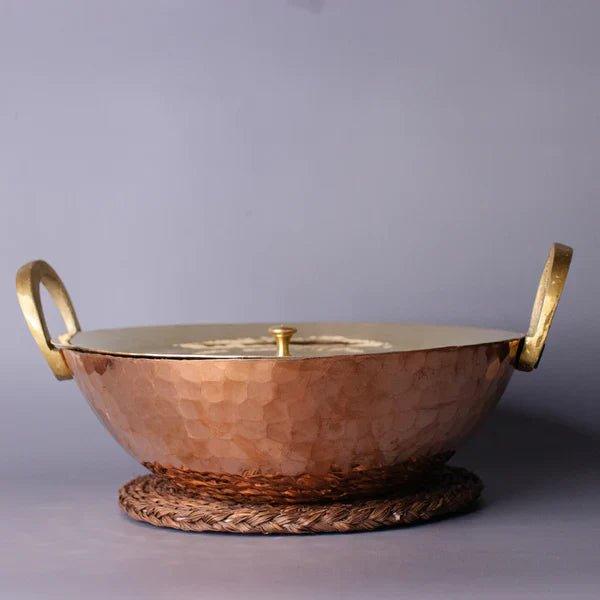Pongal is a popular harvest festival celebrated in the southern Indian states of Tamil Nadu, Karnataka, Andhra Pradesh, and Telangana. It typically takes place in mid-January and marks the end of the winter season and the beginning of the harvest season. The festival is named after the traditional dish "Pongal," which is a special dish made with newly harvested rice boiled in milk and jaggery.

Makar Sankranti (Various States): This harvest festival is celebrated in many states across India and is known by different names in different regions—Pongal in Tamil Nadu, Uttarayan in Gujarat, Lohri in Punjab, Magh Bihu in Assam, and so on. It marks the transition of the sun into the zodiac sign of Capricorn and the end of winter.
Pongal Celebrations
Pongal celebrations typically span four days, with each day holding special significance.
The first day, known as Bhogi, involves the ritual of cleaning homes, discarding old belongings, and beginning a new life.
The second day, Thai Pongal, is the main day of festivities where people gather to cook the traditional Pongal dish, a sweet rice pudding made with newly harvested rice, jaggery, and milk, symbolizing prosperity and abundance. The dish is offered to the Sun God before being shared among family and friends. Colorful kolams (decorative rangoli design patterns made with rice flour) adorn the entrances of homes, and traditional music and dance performances add to the festive atmosphere.
On Mattu Pongal, the third day, cattle, particularly cows and bulls, are honored for their crucial role in agriculture, and special prayers are offered for their well-being. Cattle are bathed, adorned with garlands, and worshipped as a gesture of gratitude for their hard work in the fields.
The final day, Kaanum Pongal, is when families come together for picnics, visit relatives, and enjoy outdoor activities.
Pongal showcases the rich cultural heritage of South India and fosters a sense of community, gratitude, and togetherness among the people.

The significance of the Pongal festival lies in its association with agriculture and the expression of gratitude towards nature for a bountiful harvest. Here are some key aspects of the celebration:
- Harvest Celebration: Pongal is primarily a harvest festival, and farmers express their thanks to the Sun God, the earth, and their cattle for a successful agricultural season. The first harvest of rice is cooked and offered to the deities as a symbol of gratitude.
- Sun Worship: The festival is closely linked to the movement of the sun, as it marks the transition of the sun into the zodiac sign of Capricorn. People believe that the sun's blessings are essential for a good harvest, and the festival is a way of honouring and seeking the sun god's continued blessings.
- Cattle Worship: Cattle, particularly cows and bulls, play a crucial role in agriculture. On the day of Mattu Pongal (the third day of the festival), cattle are bathed, adorned with garlands, and worshipped as a gesture of appreciation for their hard work in the fields.
- Family Reunion: Pongal is a time for family and friends to come together. People gather in their homes, prepare special dishes, and exchange greetings. The festival promotes a sense of community and strengthens social bonds.
- Cultural Significance: Pongal is celebrated with various cultural activities, including traditional music, dance, and games. Decorative kolams (rangoli) are drawn in front of homes, and traditional attire is worn during the festivities.
- Renewal of Relationships: The festival is considered an auspicious time to repair strained relationships and start anew. It is a time for forgiveness, gratitude, and the strengthening of bonds between family and friends.
- Jallikattu: Jallikattu is a traditional bull-taming sport deeply rooted in the cultural heritage of Tamil Nadu, India. Held during the Pongal festival, this ancient spectacle involves participants attempting to tame ferocious bulls without using any weapons. The event serves as a testament to the enduring ties between rural communities and their cultural traditions in the region.
- Kite Flying Competition: The kite-flying competition during the Pongal festival adds a colorful dimension to the celebrations. As the sky transforms into a canvas of vibrant hues, participants showcase their skill and creativity in maneuvering kites adorned with intricate designs. The rhythmic hum of strings and the dance of kites against the backdrop of the sun-soaked sky create a festive atmosphere, symbolizing the joy and unity of communities during this auspicious time. The competition not only highlights the artistry involved in crafting and flying kites but also fosters a spirit of friendly rivalry that enhances the overall festive experience.
In summary, Pongal is a celebration of the agricultural abundance and the interconnectedness of nature and human life. It symbolizes gratitude, prosperity, and the renewal of relationships, making it an important cultural and social event in southern India.
History of Pongal Celebration
The Pongal festival has ancient roots in Tamil culture, and its celebration dates back thousands of years. While pinpointing the absolute oldest documented evidence is challenging due to the antiquity of the festival and limited historical records, there are references to similar harvest festivals in ancient Tamil literature.
The Sangam literature, which is a collection of ancient Tamil poetry and literature from the Sangam period (3rd century BCE to 3rd century CE), provides some insights into the cultural practices of the time. Though direct references to the Pongal festival are not explicitly mentioned, there are descriptions of harvest-related festivities, agrarian customs, and gratitude towards nature.
The term "Pongal" itself has been used in Tamil literature for centuries. The word is derived from the Tamil verb "pongu," which means "to boil" or "to overflow." This is in reference to the traditional dish prepared during the festival, where rice is boiled in milk until it overflows from the pot, symbolizing abundance.
While specific historical documentation may be scarce, the celebration of harvest festivals has been an integral part of Tamil culture for a very long time. The continuity of these cultural practices is often passed down through oral traditions, rituals, and the collective memory of communities. The Pongal festival, with its deep agricultural and cultural significance, has likely evolved over millennia, and its roots are deeply embedded in the history and heritage of Tamil Nadu.
Delicacies of Pongal Prepared:
Various delicious dishes are prepared during the festival, each with its unique significance. Here are some popular dishes made for Pongal:
- Pongal (Khara Pongal): The festival is named after this dish. Pongal is a savory dish made with newly harvested rice, lentils (usually split yellow moong dal), black pepper, cumin, and ghee. It is typically cooked in a large pot until it overflows, symbolizing abundance.
- Sakkarai Pongal: Also known as Sweet Pongal, this dish is a sweet variation of Pongal. It is made by cooking rice and moong dal in jaggery and ghee, and it is flavored with cardamom and garnished with cashews and raisins.
- Coconut Rice: Coconut rice is a simple and flavorful dish made by mixing cooked rice with grated coconut, curry leaves, and mustard seeds. It is often served as part of the Pongal feast.
- Payasam (Kheer): A sweet rice pudding made with milk, rice, sugar, and flavored with cardamom, saffron, and nuts. Different variations of payasam, using ingredients like jaggery or coconut milk, are also prepared.
- Medhu Vadai: Deep-fried lentil fritters made with urad dal and spices. Medhu vadai is a popular snack and is often part of the festive menu during Pongal.
These dishes showcase the diversity and richness of South Indian cuisine and are prepared with love and devotion during the Pongal festival to offer thanks for the bountiful harvest. The specific dishes prepared may vary from region to region and among different communities.
Ways to make this Pongal special for you and your family!
Celebrating Pongal can be a joyous and meaningful experience, filled with cultural traditions, festive activities, and delicious food. Here are some suggestions for the best ways to celebrate Pongal this year:
-
Traditional Pongal Cooking:
- Prepare the traditional Pongal dish, both the sweet (Sakkarai Pongal) and savory (Khara Pongal) versions.
- Involve family members in the cooking process to make it a collaborative and festive activity.
-
Decorate Your Home:
- Create colorful and vibrant kolams (rangoli) in front of your home to welcome the festival.
- Use traditional decorations like mango leaves, flowers, and earthen lamps to add a festive touch.
-
Dress in Traditional Attire:
- Wear traditional South Indian attire, such as a saree or dhoti, to honor the cultural significance of the festival.
-
Pongal Puja:
- Conduct a Pongal puja at home, offering prayers to the Sun God, Mother Earth, and the cattle for their role in agriculture.
- Decorate the puja area with flowers, turmeric, and kumkum.
-
Feast with Family and Friends:
- Share the Pongal feast with family and friends. Arrange a special meal with all the traditional dishes, including Pongal, sambar, rasam, coconut rice, and more.
- If possible, invite neighbors or friends to join in the celebration, fostering a sense of community.
-
Cattle Worship (Mattu Pongal):
- If you have cattle, participate in the Mattu Pongal festivities by decorating and worshiping them. This is a way of expressing gratitude for their role in agriculture.
-
Cultural Activities:
- Engage in cultural activities like traditional music and dance. Play traditional South Indian music or organize a family dance session to celebrate the festive spirit.
-
Crafts and Artwork:
- Involve children and family members in creating Pongal-themed crafts and artwork. This can include making decorative items or creating drawings that represent the essence of the festival.




Leave a comment
All comments are moderated before being published.
This site is protected by hCaptcha and the hCaptcha Privacy Policy and Terms of Service apply.